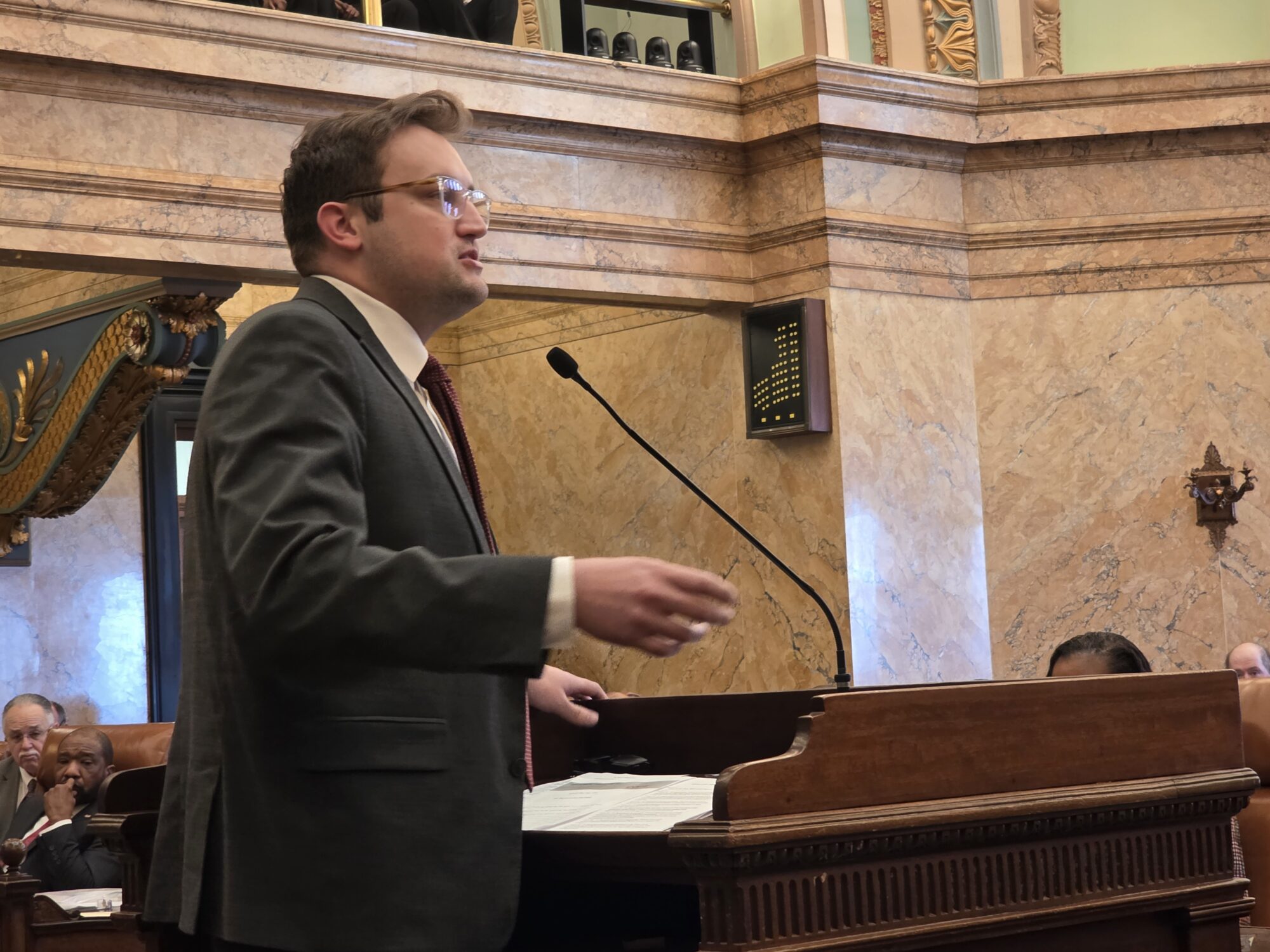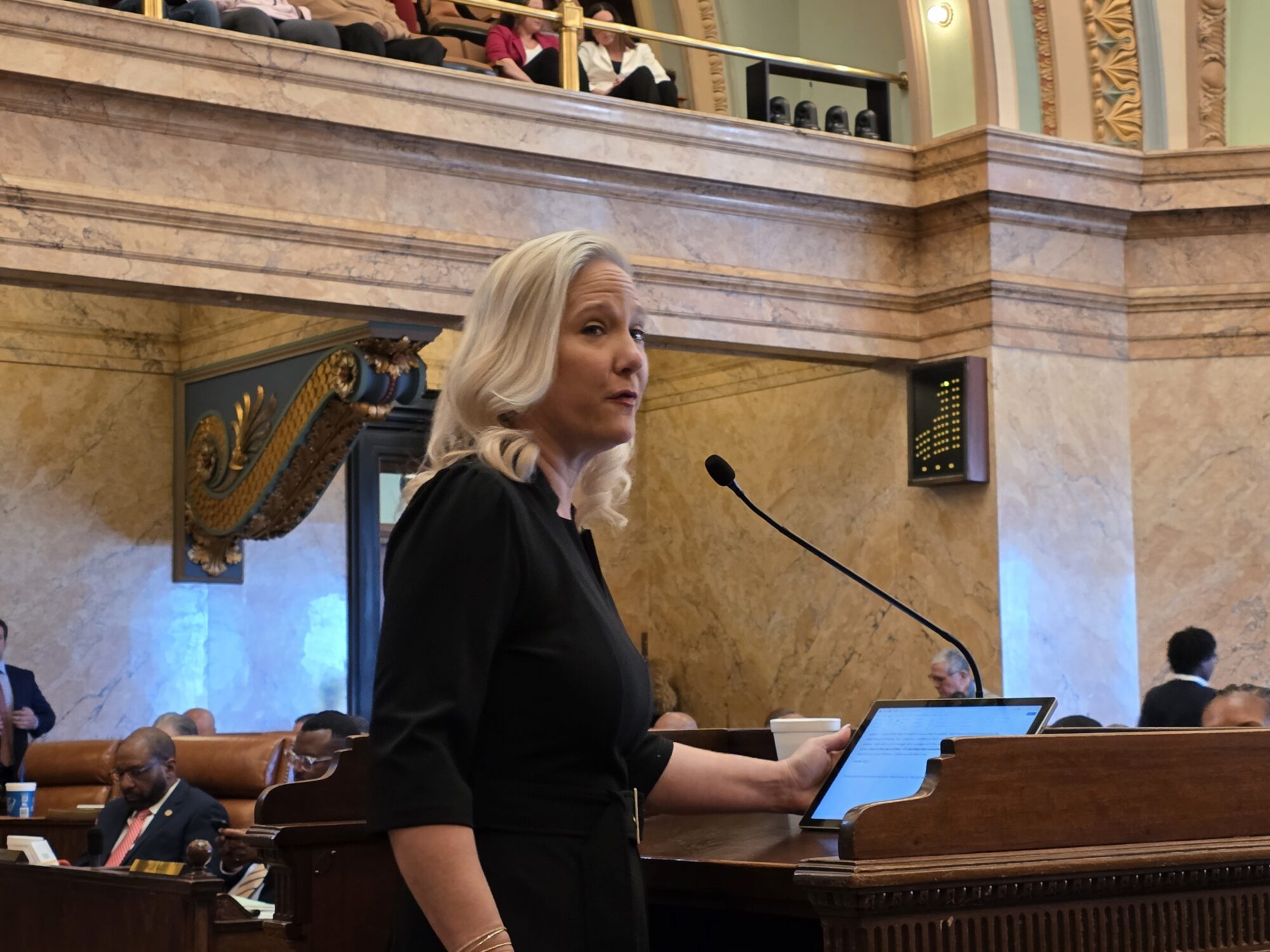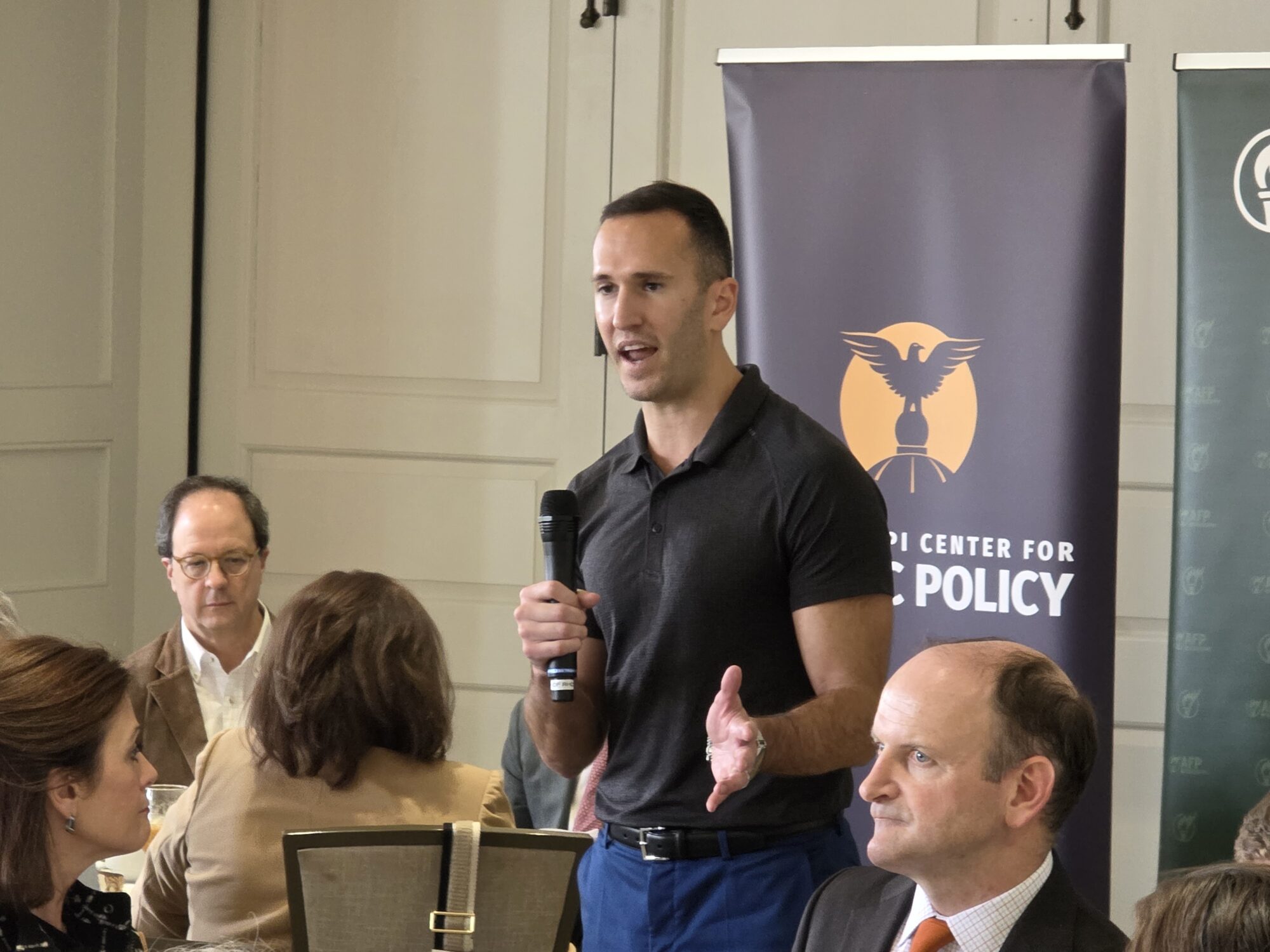
Mississippi IHL (Photo from IHL website)
- New degree paths were added at Southern Miss, Mississippi State and Delta State.
Mississippi’s Board of Trustees for the Institutions of Higher Learning approved the creation of several new degree programs and the establishment of a new center during last week’s regular meeting.
Mississippi Early Childhood Inclusion Center
The new center will be located at the University of Southern Mississippi and will be called the Mississippi Early Childhood Inclusion Center. It will be operated under the school’s College of Education and Human Sciences and have an anticipated annual cost of about $2.5 million.
Funding for the center has been provided by the Mississippi Department of Human Services, Division of Child Care and Development since 2016.
The early childhood center is a unique statewide program that meets the needs of early childhood educators, family and disabled young children through top-tier inclusion efforts.
“The established scope and statewide reach for this center now meet the criteria for USM to formally request creation,” Dr. Casey Prestwood, Associate Commissioner for Academic and Student Affairs, told the IHL Board.
New degree programs
A request by USM to elevate eight existing programs to academic degree programs was also approved by the IHL Board.
The programs range from baccalaureate to doctorate level and will incur minimal costs to implement.
The Bachelor of Arts (BA) in Paralegal Studies is a 120-hour program currently offered at USM as an emphasis of the BA in Legal Studies degree. It prepares students for employment in private law firms, businesses, and governmental offices. Average salaries for graduates are just above $61,000 annually.
USM will also now offer the Bachelor of Applied Science (BAS) in Medical Laboratory Science as a standalone degree program. The 120-hour online course will prepare associate level medical laboratory technician graduates with Medical Laboratory Science certification from the American Society for Clinical Pathology, Prestwood described. Median wages for these careers average $62,000.
Three other programs that were part of the Doctor of Nursing Practice (DNP) program were moved to their own degree path. They will now be the DNP in Family Nurse Practitioner (73 credit hours), DNP in Nurse Anesthesia (114 credit hours) and the DNP in Psychiatric Mental Health Nurse Practitioner (119 credit hours). All three will be housed under the School of Leadership and Advanced Nursing Practice and entail median incomes in the range of $130,000. None of those three programs will incur implementation expenses and are not offered elsewhere in the state.
The next few programs were previously offered as emphasis on the Doctor of Philosophy and Psychology under the School of Psychology but will also now be standalone programs. Two of them are the Doctor of Philosophy (PhD) in Clinical Psychology and the Doctor of Philosophy (PhD) in Counseling Psychology (119 credit hours).
“The Clinical Psychology program is 111-credit hour program that prepares graduates to provide therapy in clinical populations across the lifespan, emphasizing cognitive and behavioral theoretical orientations,” Prestwood said.
The Doctor of Philosophy (PhD) in School Psychology will also be a standalone program but it prepares graduates to provide children with mental health care in a more than one setting.
“The School of Psychology program is a 122-credit hour program that prepares professionals to provide psychological services to children in a variety of settings including schools, clinics and hospitals,” Prestwood added.
Median salaries for graduates of those programs are in the range of $94,000. Since they are all established programs, there will be no implementation cost.
A fourth program moved to standalone status was the Doctor of Philosophy (PhD) in Research, Evaluation, Statistics, and Assessment, which will be housed under School of Education.
“The Doctor of Philosophy in Research, Evaluation, Statistics, and Assessment is a 66-credit hour program that currently exists as an emphasis of the PhD in Education,” Prestwood explained. “The program prepares individuals for academic and non-academic positions such as research, assessment specialists, program evaluators, grand coordinators, policy analysts, data analysts and university faculty.”
The addition of three more baccalaureate level programs were also approved, two are at Delta State University and one is at USM.
The two at DSU will be the Bachelor of Arts (BA) in Arts Entrepreneurship and Bachelor of Applied Science (BAS) in Arts Entrepreneurship. Both are expected to provide graduates with median salaries ranging from $59,000 to $138,000 depending on the career path.
The BA in Arts Entrepreneurship degree will help students combine their creative talents with real-world skills in the business world. Similar programs are offered at seven of the state’s eight public institutions.
“This 120-credit hour program will be housed in the College of Education, Arts, and Humanities, and is an interdisciplinary degree designed for students who want to combine creative talent with real world skills in business, psychology and marketing,” Prestwood described.
The BAS in Arts Entrepreneurship will have a different focus.
“It is specifically designed for students with technical or career focused AAS degrees who seek to advance their skills and credentials in the creative industries,” Prestwood said.
At USM, students will now have access to the Bachelor of Arts (BA) in Medicinal and Pharmaceutical Chemistry, which will be housed under the School of Mathematics and Natural Sciences.
“The proposed program encompasses chemistry at its core; however, it differs from USM’s existing chemistry major because it is in the context of a broader BA degree,” Prestwood elaborated.
The program meets requirements outlined by the American Association of Colleges of Pharmacy. Not only will it prepare students for any healthcare career, but is also applicable to careers in quality analysis, public health, and pharmaceutical research.
Two new advanced level programs were also approved by the IHL Board: the Master of Science (MS) in Business Analytics at USM and the Doctor of Physical Therapy at Mississippi State University.
The Business Analytics program is a 30-credit hour degree path that will be offered fully online. Students will be provided the software and programming technical skills required to effectively use data in business decisions. Prestwood said careers in this field are expected to increase by 30 percent over the decade and median salaries are in the $100,000 range.
“Yet, there are very few programs that teach the skills that are specific to these jobs, combining both the technical aspects of math and computer science with business applications and data analysis capabilities,” Prestwood added.
The Doctor of Physical Therapy at MSU will employ a hybrid model for completion.
“This 106-credit hour degree program leverages an innovative hybrid model, allowing students to complete roughly 50 percent of their coursework through asynchronous and synchronous online instruction,” Prestwood described.
Twenty percent of the remaining instruction will be completed on campus through lab work focused on clinical and hands-on skill enrichment, while the last 30 percent will be conducted in-person through community-based clinical work.
This program involved the largest expense to implement, coming in at an estimated $19.4 million over five years, with an anticipated revenue over that time of $25.8 million.
Prestwood informed the IHL Board that objections from the University of Mississippi Medical Center and the University of Mississippi were submitted to IHL concerning the creation of the Doctor of Physical Therapy program at Mississippi State.
A trustee of the IHL Board indicated he, too, had reservations but they have since been alleviated.
“I have previously stated that I had some concerns about this item,” said Trustee Donald Clark Jr. “However, after reviewing all the materials I am persuaded that, due to the significant private investment in this program, I intend to support the proposition.”











